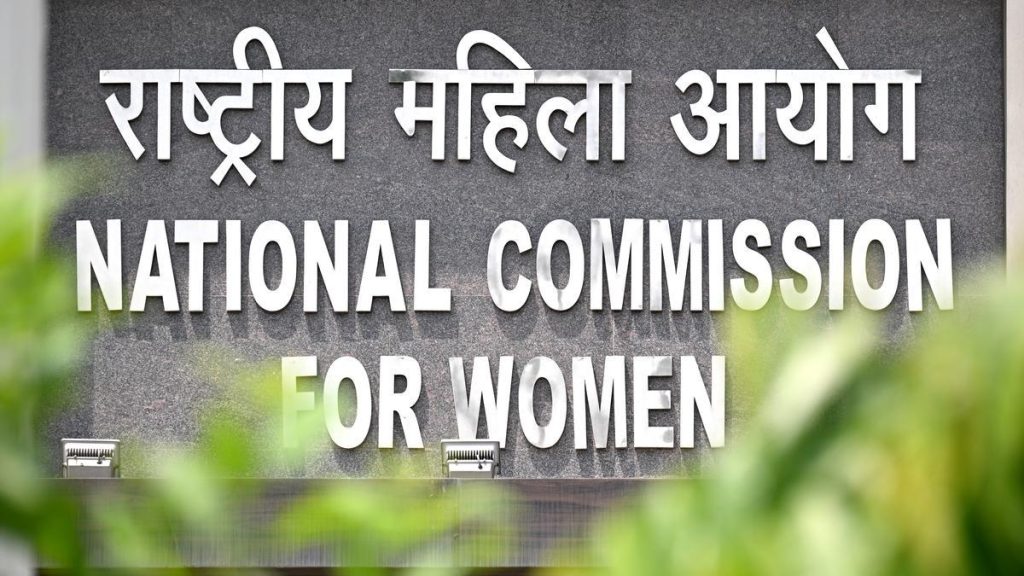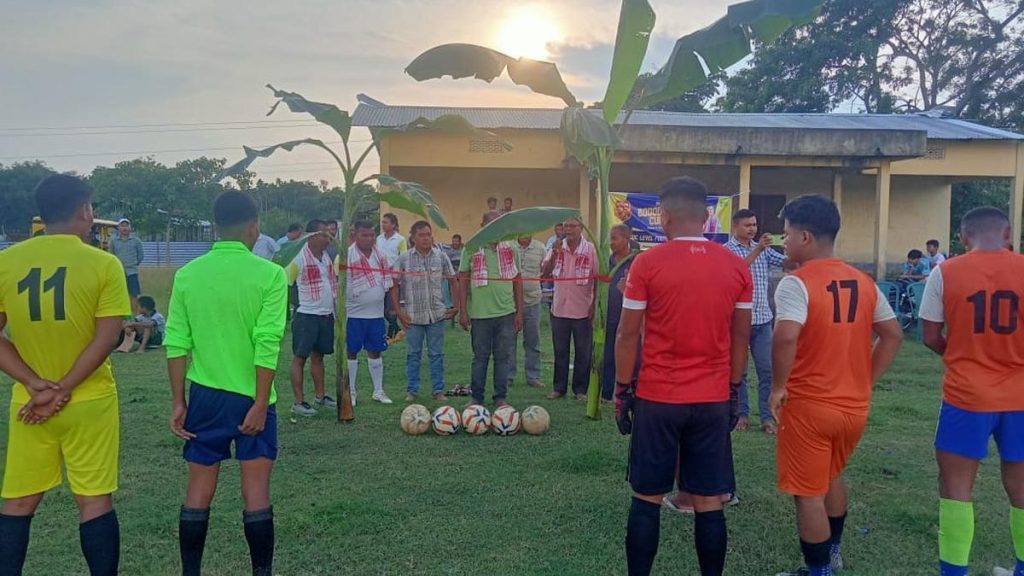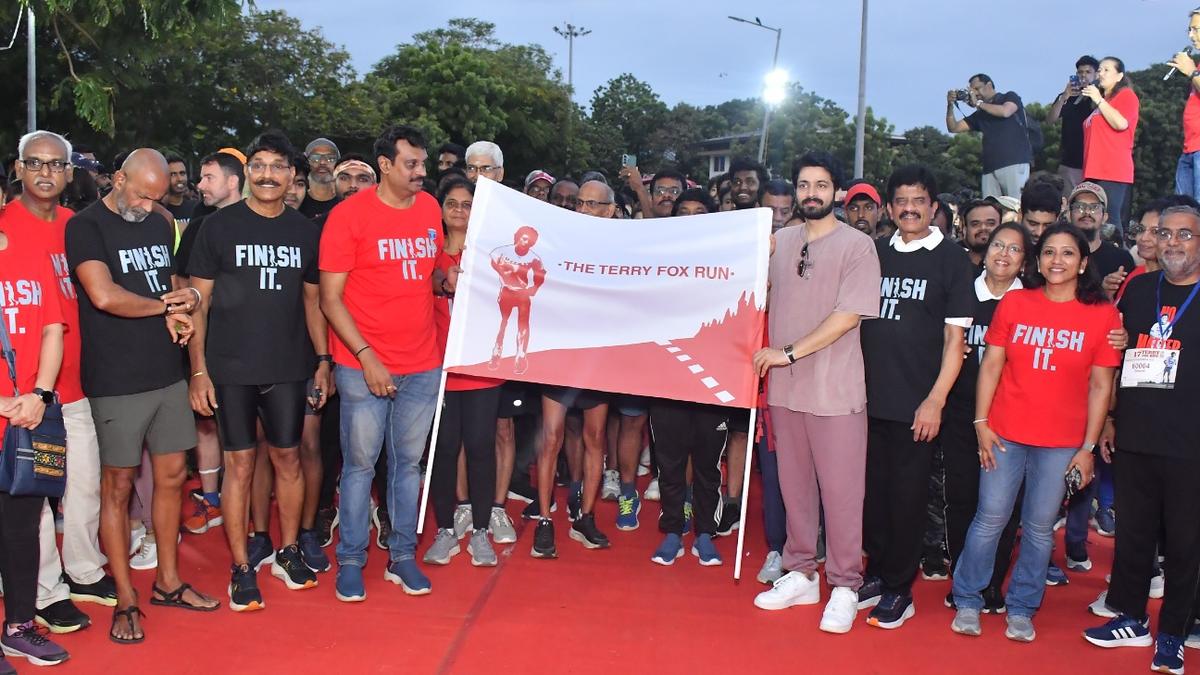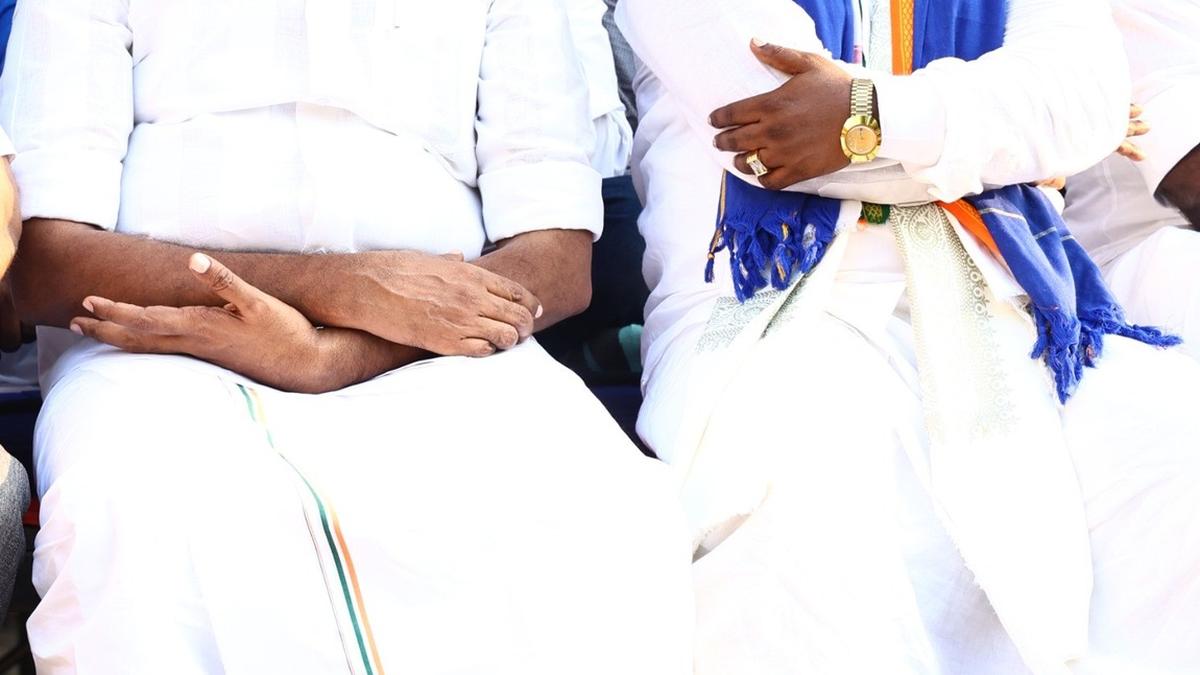Now Reading: Stalin Urges Muslims to Reject Backers of BJP’s Authoritarian Politics
-
01
Stalin Urges Muslims to Reject Backers of BJP’s Authoritarian Politics
Stalin Urges Muslims to Reject Backers of BJP’s Authoritarian Politics
Fast Summary
- Chief Minister M.K. Stalin criticized AIADMK, a BJP ally, calling for Muslims to “boycott those who support BJP’s autocratic politics.”
- He spoke at an event in Chennai marking the 1,500th birth anniversary of Prophet Mohammed.
- Mr. Stalin listed welfare measures implemented by the DMK government and highlighted protests against acts such as the Citizenship (Amendment) Act and Triple Talaq Act.
- he accused AIADMK of “double standards” on issues like the Waqf (Amendment) Act and credited DMK’s legal struggle regarding key provisions of that act.
- recalled DMK’s declaration of Milad-un-Nabi as a public holiday in 1969; later revoked by AIADMK in 2001 but reinstated by DMK in 2006.
- Expressed solidarity with Palestinians amid Gaza crisis, urging Union government action to support Palestine.
- Responded positively to SDPI leader Nellai Mubarak’s call for incorporating lessons on Prophet Mohammad into textbooks and promised consideration for further demands raised.
- Ministers P.K. Sekarbabu and S.M.Nasar also attended.
Indian Opinion Analysis
The statements made by Chief Minister M.K. Stalin highlight a continued focus on minority welfare amidst India’s charged political landscape, emphasizing past contributions by his party toward Muslim rights while critiquing opposition policies perceived as inconsistent or discriminatory. The replication of previous policy steps like recognizing Milad-un-Nabi as a public holiday underscores efforts to consolidate community relationships through symbolic gestures.
Mr. Stalin addressing international issues such as Palestine could reflect broader alignment with humanitarian stances globally important among voters with shared sentiments but remains limited without concrete national or diplomatic action from India on this matter.
this speech reflects regional political strategies aimed at mobilizing minority communities against perceived threats via political alliances perceived unfavorably-especially ahead of forthcoming elections possibly influencing policy dialogues locally or nationally.
























